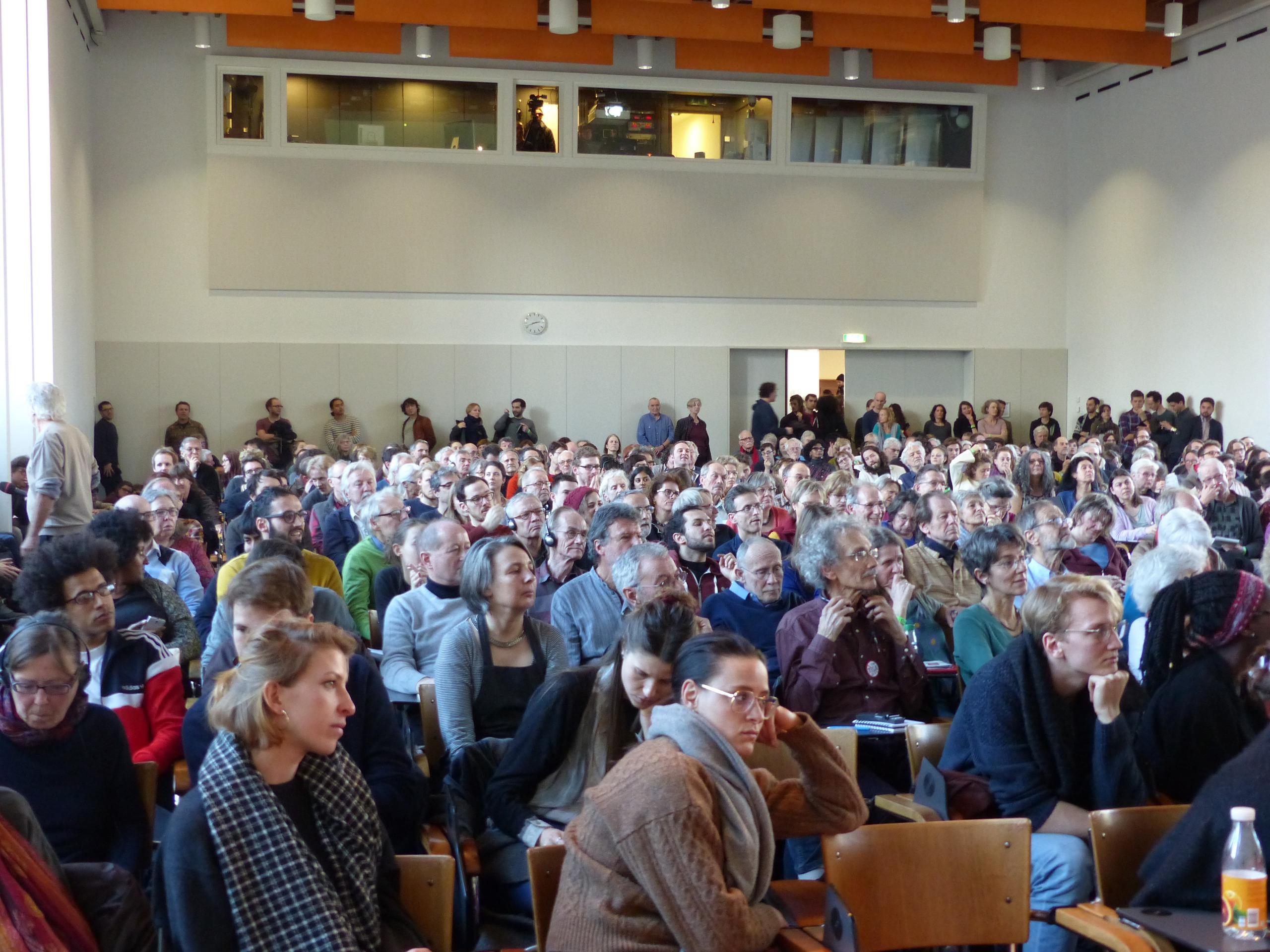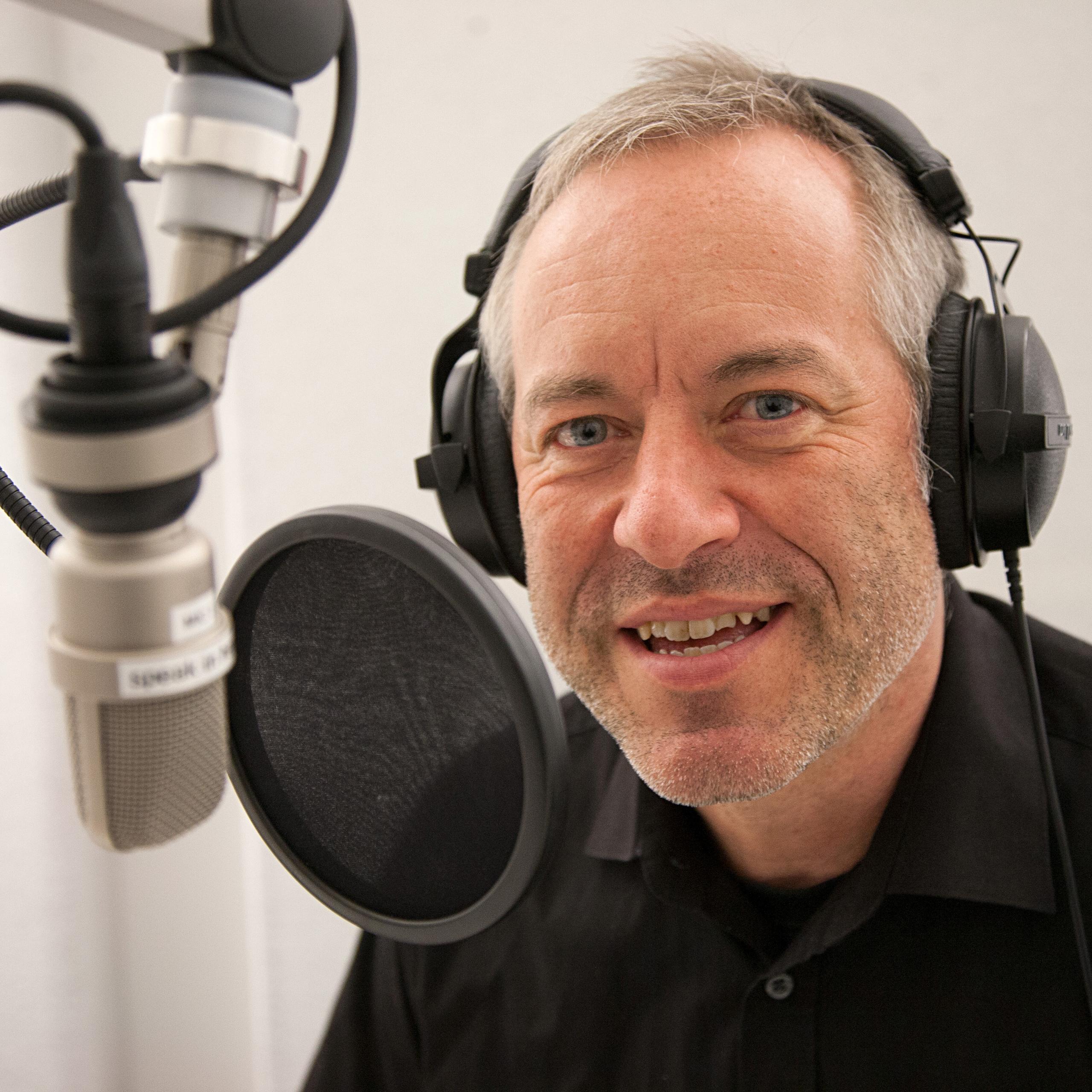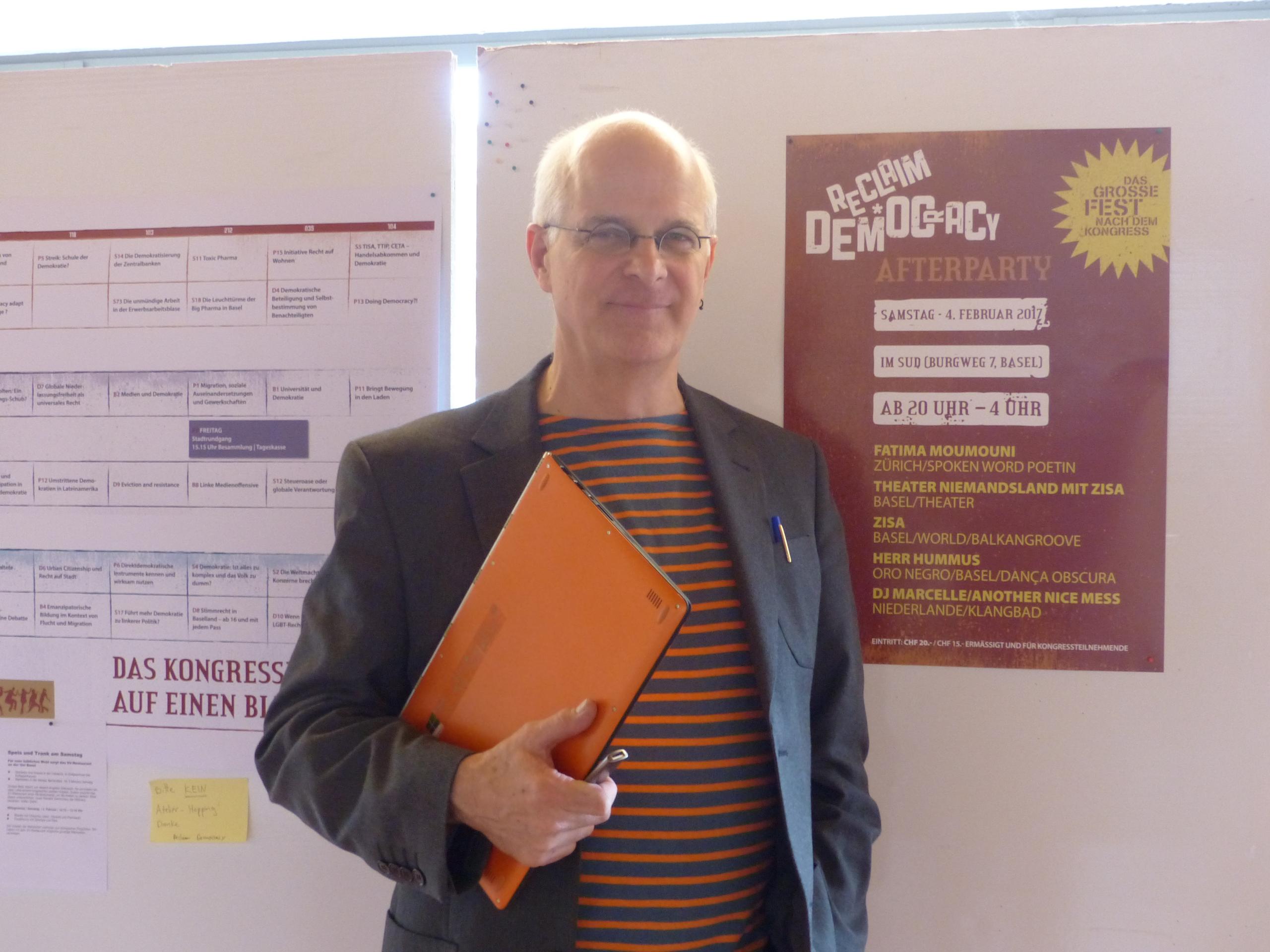
Why populists should avoid direct democracy

Direct democracy is becoming increasingly popular in the form of peoples’ initiatives and referendums. It’s also being preached by populists both on the left and right of the political spectrum, but they generally have no idea what it really means.
A coalition of rightwing populist parties in the European Parliament is very clear about what they believe in – they call themselves the Alliance for Direct Democracy in Europe. The German far-right party Alternative for Germany is even more unambiguous. “We want to introduce direct democratic rights, in accordance with the Swiss model”, they state in their party literature, while pushing for closed borders and a very restrictive asylum policy.
‘Power to the people’ is also preached by democratically elected autocratic leaders like US President Donald Trump or leftwing populists such as Greek Prime Minister Alexis Tsirpas or the leader of Spain’s leftwing Podemos party, Pablo Iglesias.

Over the years, numerous dictators have claimed that they represent and embody the will of the people. The latest is Turkey’s president, Recep Tayyip Erdogan, who recently declared: “(I) the people demand a return of the death penalty”.
Deliberation and compromise
It should be easy to tell the difference between authoritarians and the people. After all, populism and direct democracy are not really that close; they are not even related.
“Populists should not promote genuine direct democracy, as they want the contrary to a participatory democracy,” Frank Decker, a professor of political science at Bonn University, declared at a recent conference in Basel, Switzerland.
“In a modern direct democratic system like Switzerland, everything is based on deliberation and compromise. Meanwhile, true populists are not very interested in such cumbersome decision-making.”
Decker added: “When populists pretend to support modern direct democracy, they are simply dishonest – or have no idea what direct democracy really is.”
The professor, who has researched populism and democracy in Germany, was one of 1,800 participants at the recent Reclaim Democracy conference in Basel, held in early February.
Do not confuse plebiscites with referendums!
At the conference a number of speakers agreed that popular votes on major populist issues represent a top-down form of plebiscite. Here autocratic leaders can simply trigger such a vote, as former British Prime Minister David Cameron did in early 2016, leading to voters’ decision to leave the European Union.
This text is part of #DearDemocracy, a platform on direct democracy issues, by swissinfo.ch.
While Cameron may not have been a typical populist, his method of using the referendum in a plebiscite-style was typically populistic — a bid to gain cheap points with the electorate while bypassing parliament. But it didn’t work.
The use of top-down plebiscites has created a setback to the global appreciation of direct democracy.
Established parties and institutions have started to reject a more participatory approach to governance because they confuse such plebiscites with citizen-initiated laws and amendments, and new participatory processes.
The American think tank Freedom House, which has been a supporter of active citizenship and participatory democracy for years, now says a more frequent use of referendums may signal “an end game for modern democracy” in many countries.
Another traditionally liberal voice, The Economist, has also shifted from having a very positive position on direct democracy to being very negative. These critical voices are understandable but they are as misleading as populists on the left and right.
In his Basel talk, Decker – who unfortunately never offered a clear distinction between plebiscites and referendums – stressed the need to properly understand what citizen law-making really means.
“It is not about people making laws directly, but understanding the conversational character between institutions and citizens in a modern democracy,” he said.

In Switzerland, citizens are able to put any amendment of the nationwide constitution to a national vote, while it is parliament’s job to write the laws. Ultimately, citizens can oppose these laws in a popular referendum, but “they are not the ones who draft the laws”, said Decker.
“We must think together to develop political expertise!” This is the core commitment of the Swiss think tank Denknetz, which organised the Reclaim Democracy conference from February 2-4, 2017 in Basel.
“Denknetz” was founded in Zurich in 2004 as a politically independent association and now has more than 1,200 individual members. The think tank is structured as a series of working groups on themes such as migration, tax distribution, fair working conditions, care work or education. Through common periods of reflections and discussion, democratic expertise is developed that benefits society broadly and not just individual interest groups. Many of the members have connections to trade unions and political parties. This enables the association to feed the commonly developed policy positions into law proposals and political campaigns.
For example, ideas and discussion within Denknetz inspired the citizens’ initiative on introducing a minimum wage in Switzerland, which led to a nationwide vote in May 2014. Denknetz’s positions and debates are published in newsletters, books and magazines.
Twice a year, the think tank hosts an assembly. Reclaim Democracy is the first assembly of 2017.
However, the event in Basel – with over 1,800 participants from Europe and beyond – was much bigger than usual, as volunteer coordinator Simon Rutz explained: “The three-day event at the University of Basel, which co-hosted the conference, looked at how democracy can be revitalised by strengthening human rights and participatory democracy.
In his closing remarks, Beat Ringger, Denknetz’s co-director, invited participants to join the think tank in order to learn from others. Denknetz plans to continue its cooperation with 24 partner organisations and institutions involved in the conference. (By Cora Pfafferott)
For more information: www.reclaim-democracy.orgExternal link and www.denknetz.chExternal link

In compliance with the JTI standards
More: SWI swissinfo.ch certified by the Journalism Trust Initiative






























You can find an overview of ongoing debates with our journalists here . Please join us!
If you want to start a conversation about a topic raised in this article or want to report factual errors, email us at english@swissinfo.ch.